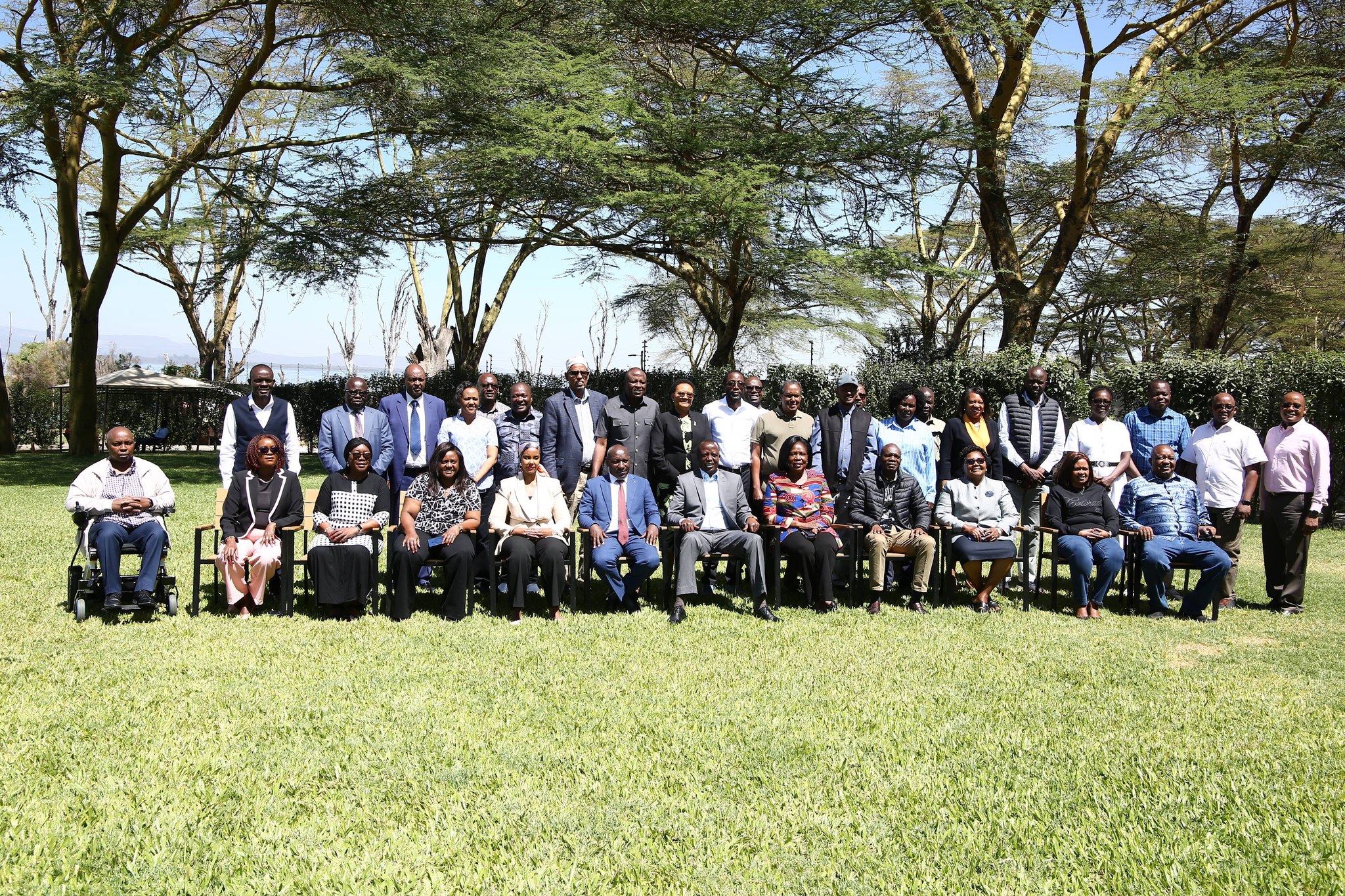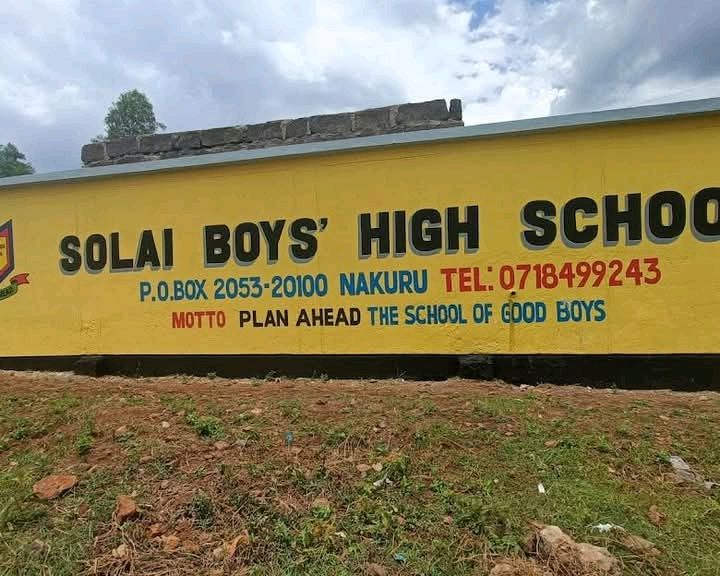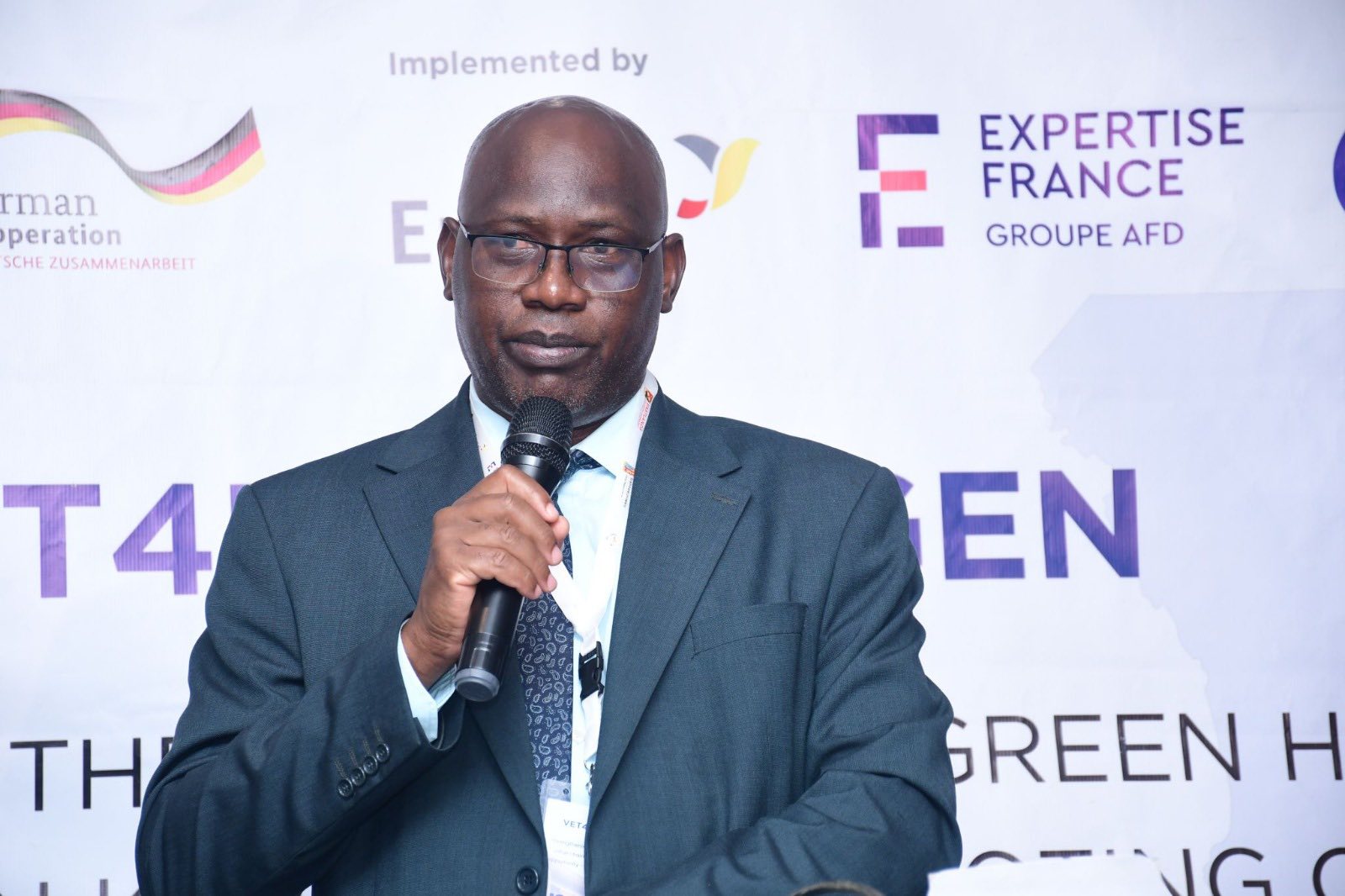School categorization has been scrapped as harmonization of the quality assurance function in the Basic Education takes shape in the new education reforms.
The Presidential Working Party on Educational Reforms officially handed in their long awaited report to President William Ruto.
The task force came up with far-reaching reforms and recommendations which will lead to a paradigm shift in key functions in the education docket.
Key among the recommendations is the harmonization of the quality assurance function in the Basic Education sector by ensuring that the Ministry of Education (MoE) Quality Assurance and Standard (QAS) Directorate has the legal authority to oversee Quality Assurance and Standards function.
In addition, the Quality Assurance and Standards function at the Teachers Service Commission (TSC) will now be transferred to the Ministry of Education with the task-force recommending that the harmonization of QAS functions should be anchored in law.
It has also recommended that TSC offers all education graduates an opportunity to undertake a mandatory one-year internship program upon completion of Pre-service training.
According to the recommendations, the internship should be a structured and coordinated program, which includes Teacher Induction, Mentorship, and Coaching (TIMEC).

And now moving forward, there will be no categorization of public secondary schools from the current nomenclature of National, Extra-County, County, and Sub-County; instead, Senior Schools will be categorized in terms of career pathways (STEM, Social Science and Arts, and Sports Science) they offer.
The discontinuation of the categorization of secondary schools is meant to enhance equity and inclusion, promote the establishment of low-cost boarding Primary schools in marginalized areas; focus on infrastructural and resources support for sub-County Senior Schools to offer the three pathways.
There will be establishment of the Kenya Teacher Training College (KeTTC) to administer all Pre-service teacher training colleges (TTCs) as campuses and further develop a framework to ensure optimal utilization and sharing of resources.
The MoE has further been instructed to establish a Kenya School of Teacher and Education Management (KeSTEM) as a corporate body to coordinate all In-service programs for institutional leaders and education officers.
Speaking at State House Nairobi on August 1, 2023, President Ruto when he received a report noted that the journey to streamline CBC involved making challenging decisions but thanks to concerted efforts by the State, Kenyan children can now fully benefit from the curriculum.
“I am very happy that today, the country is no longer restive about CBC because we have addressed all the concerns around what will happen to our children,” said Dr. Ruto.
“Kenyans are very particular and emotive about their children and therefore it was necessary for us to settle the subject of the education of our children earlier and we didn’t even have to wait for the full report,” he added.
In the report, KNEC will review the Competency-Based Assessment Framework to restructure the Kenya Primary School Education Assessment (KPSEA) for purposes of monitoring learners’ progress and providing feedback to stakeholders — not for placement.
The review will further provide an assessment framework for Alternative Provisions for Basic Education and Training; develop mechanisms for administering assessments within the school’s daily routine.
Assessment at Grade 6 will feature KPSEA which will be computed as a cumulative score of School Based Assessments (SBAs) for Grade 4-6 for purposes of monitoring learners’ progress and providing feedback to stakeholders.
At Grade 9 the Assessment will comprise 20 percent of KPSEA, 20 percent of SBAs in Grades 7 and 8, and 60 percent summative evaluation at Grade 9; and at Grade 12 the assessment will comprise 70 percent summative assessment and 30 percent (SBAs; Assessment of Continuous School Learning, values and competencies).
The Ministry will provide for the selection and placement of learners into career pathways to Senior School based on performance and personal interest, and computation of KCSE mean score by KNEC to be based on Mathematics, English/Kiswahili, and 5 other best-performed subjects.
Further, the task force has recommended that the capacity of KNEC should be developed to print National Assessments in Kenya.
However, the current students pursuing Bachelor of Education Programmes graduating from 2023 onwards have been instructed to ensure they are adequately trained in Competency-Based Education (CBE).
All Universities offering teacher education (TE) have been directed to ensure their programs are aligned with Competency Based Teacher Education (CBTE) and Competency-Based Teacher Assessment (CBTA).
The minimum duration for a Bachelor of Education degree in Teacher Education will now be four years (3 years for professional courses and 1 year for practicum).
By Roy Hezron
Get more stories from our website: Education News
To write to us or offer feedback, you can reach us through: editor@educationnews.co.ke
You can also follow our social media pages on Twitter: Education News KE and Facebook: Education News Newspaper For timely updates.






